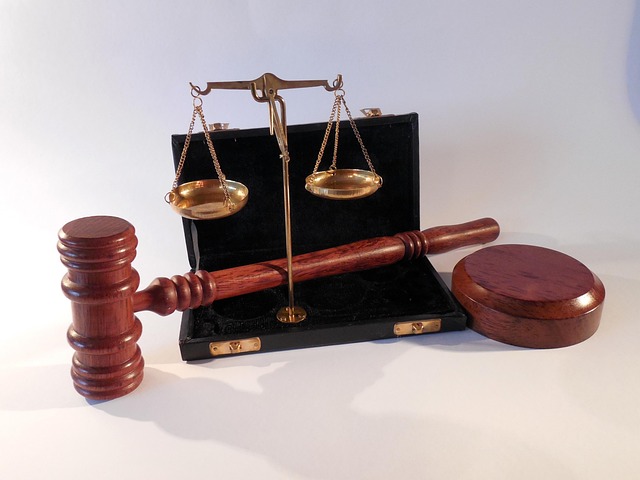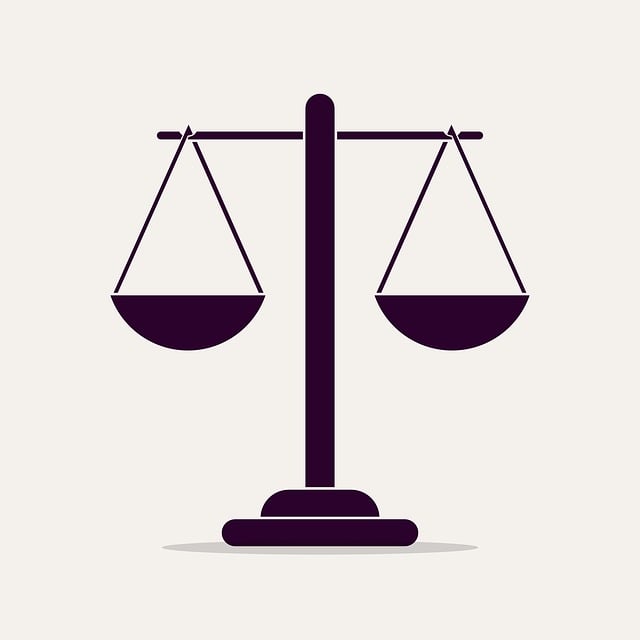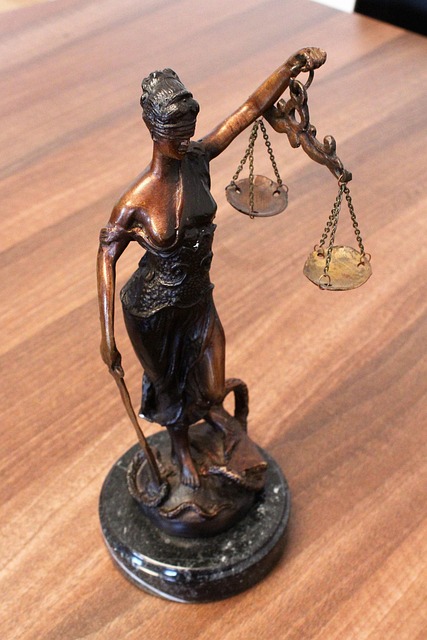Regulatory fraud convictions can be overturned through strategic steps: conduct thorough research, consult legal experts, and identify relevant regulations. Initial evidence review exposes weaknesses. Collect counter-evidence, engage communities for support. Build a robust defense with irrefutable records, expert testimony, and legal loopholes. Navigate appeals process with strict deadlines, reviewing evidence, arguments, and procedural errors. Reform the system by meticulously challenging inaccurate findings to ensure fairness.
Regulatory fraud laws are designed to protect integrity in various industries, but they can also lead to wrongful convictions. This comprehensive guide delves into understanding these laws, identifying and challenging inaccurate accusations, building robust defenses, navigating appeals processes, and preventing systemic errors. By exploring evidence-based strategies and legal tactics, this article provides essential steps to overturn a wrongful conviction, ensuring fairness in regulatory enforcement.
- Understanding Regulatory Fraud Laws: A Comprehensive Guide
- Steps to Identify and Challenge Inaccurate Accusations
- Building a Strong Defense: Evidence and Legal Strategies
- Navigating the Appeals Process: Right to Fair Review
- Reforming the System: Preventing Wrongful Convictions
Understanding Regulatory Fraud Laws: A Comprehensive Guide

Regulatory fraud laws are designed to protect businesses and consumers from deceptive practices, ensuring fair competition and accurate information dissemination. Understanding these laws is crucial for both individuals and companies to avoid falling victim to fraudulent activities. In today’s digital era, where information flows freely, staying informed about legal protections is more important than ever.
To navigate the complexities of regulatory fraud laws, one must take a systematic approach. The first step in overturning a wrongful conviction or securing a winning challenging defense verdict involves comprehensive research and consultation with legal experts. Understanding the specific regulations applicable to your situation is key. If successful, this could lead to the complete dismissal of all charges, offering relief and a fresh start for those wrongfully accused.
Steps to Identify and Challenge Inaccurate Accusations

Identifying and challenging inaccurate accusations is a critical step in ensuring justice, especially when facing regulatory fraud allegations. The first line of defense is to thoroughly review and analyze the evidence presented. This involves scrutinizing the data, documents, and expert opinions to uncover any discrepancies or flaws in the prosecution’s case. Legal teams can challenge the admissibility of certain evidence, question the methodology used, or highlight biases that may have influenced the findings.
Additionally, building a strong defense strategy includes gathering counter-evidence and presenting alternative explanations. This might involve consulting industry experts who can provide insights into complex regulatory matters, offering testimony that contradicts the accusations, or showcasing an unprecedented track record of ethical business practices within the organization or industry. Engaging with both the philanthropic and political communities for support and exposure can also be a powerful tool to protect against wrongful convictions. These steps are crucial in navigating the legal process, ensuring fair jury trials, and ultimately overturning a potential unfair judgment.
Building a Strong Defense: Evidence and Legal Strategies

Building a strong defense strategy is paramount when facing regulatory fraud charges, as it can significantly impact the outcome of your case. One of the key components in any legal battle is evidence—collecting, analyzing, and presenting irrefutable proof to support your position. In the context of regulatory fraud, this might involve financial records, expert testimony, or internal communications that contradict the prosecution’s claims. A skilled defense attorney can help navigate complex regulations and identify loopholes that may lead to a successful challenge against the indictment.
Furthermore, effective legal strategies often revolve around understanding procedural steps and exploiting any missteps by prosecutors. This includes scrutinizing search warrants, questioning the admissibility of evidence, and raising legal arguments that could overturn a wrongful conviction. By employing robust evidence presentation and precise legal maneuvering, defendants can enhance their chances of achieving winning challenging defense verdicts while avoiding indictment altogether in the respective business environment.
Navigating the Appeals Process: Right to Fair Review

Navigating the Appeals Process is a critical step for those seeking to overturn a wrongful conviction. The right to a fair review is a cornerstone of any just legal system, and appeals provide an avenue to ensure this principle is upheld. This process involves careful consideration of evidence, legal arguments, and procedural errors that may have occurred during the original trial.
For his clients facing high-stakes cases, understanding the steps to overturn a wrongful conviction is vital. It requires meticulous attention to detail, as each appeal must adhere to strict deadlines and legal protocols. By presenting compelling evidence and well-crafted arguments, there’s a chance to avoid indictment and secure a new trial, ultimately pursuing justice.
Reforming the System: Preventing Wrongful Convictions

Reforming the System: Preventing Wrongful Convictions
To address the issue of regulatory fraud, it’s crucial to examine the steps necessary to overturn a wrongful conviction. This process involves meticulous review of evidence, identifying procedural errors, and presenting compelling arguments to support innocence claims. By implementing these measures, we can ensure a fairer system that holds accountable those who commit fraud while protecting the rights of the innocent.
The journey towards justice begins with gathering comprehensive documentation, analyzing the investigative process, and uncovering potential biases or mishandlings. An experienced legal team plays a pivotal role in navigating the complexities, utilizing advanced strategies to challenge inaccurate findings. With an unprecedented track record of success for his clients, the advocacy ensures that every angle is explored, ensuring a thorough examination at every stage of the investigative and enforcement process.
Regulatory fraud laws are designed to uphold integrity and accountability in various industries. By understanding these laws, identifying and challenging inaccurate accusations, employing robust legal strategies, and navigating appeals processes fairly, it’s possible to protect individuals from wrongful convictions. Ultimately, focusing on prevention through reform can help ensure a more just and accurate regulatory system, with steps to overturn a wrongful conviction serving as a crucial part of this process.






